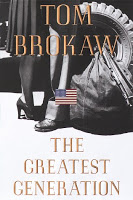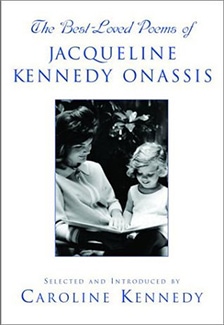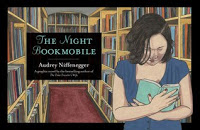I have affiliate relationships with Bookshop.org and Malaprop's Bookstore in beautiful Asheville, NC. I will earn a small commission at no additional cost to you if you purchase merchandise through links on my site. Read more on my affiliate page.
“‘I think this is the greatest generation any society has ever produced.’ I know that this was a bold statement and a sweeping judgment, but since than I have restated it on many occasions. While I am periodically challenged on this premise, I believe I have the facts on my side.”
So writes Tom Brokaw in the introduction to this book about the World War II generation, and he proceeds to make his case by telling individual stories of survival, courage, leadership, and trail-blazing.
I pretty much loved this book. I have always liked reading books centered around WWII, but I haven’t actually read much non-fiction, and especially not exactly like this. I got what I expected and more.
I expected stories about the heroes, both celebrated and unsung, and their exploits in the war. I may have even expected stories about the women on the home front.
I did not expect Brokaw to tackle some of the issues this generation had to overcome. He did not shy away from segregation, both in civilian life and the military. He confronted the issue of the Japanese internment camps. He took a close look at the women in uniform during the war and the paths they had to forge to get anything that even resembled equality. I was impressed that he included those topics, and I learned a lot from the personal stories he used to make his points about these issues.
I also didn’t really expect the personal stories to dwell so much on life after the war. I was a little disappointed at first; after all, the war was what drew me to the book. But I quickly got over it and realized that this generation didn’t let one major event define their lives completely. They moved on and shaped the world in the ways they thought best. And that is part of what makes them great.
I’m struggling to find a way to say what I mean with this next thought. Here goes. The people who told these stories all came home to live successful lives, in big ways and small. There had to be people who came home and just couldn’t adapt to civilian life. It felt like, in order for the picture to be truly complete, some of that should have been included. Of course, who wants to be interviewed about why they started drinking too much and wound up homeless, right? Or maybe those guys mostly passed away before this book was written. The point could be made that including that kind of thing would weaken the book’s central argument, I know. But ignoring the facts doesn’t make them go away, and addressing all the facts makes your case stronger. It’s a small thing, but I noticed it because of the thoroughness of the rest of the book.
This was also an interesting study in how times have changed. This generation was very much about patriotism, duty, honor, and personal sacrifice. They had widely experienced crushing poverty during the Depression, and they never forgot the lessons they learned in those times. In comparison to our current society, where we just have to have the newest phone/video game/book, or whatever, it made me feel shallow and small. I don’t think that’s bad at all. Sometimes we need to be reminded about how blessed we truly are.
There are surprising tales of heroism on all fronts, both during the war and in the years following. Tom Brokaw makes a strong argument that the WWII generation was truly the greatest generation.
Read an excerpt.
Buy The Greatest Generation at

I have an affiliate relationship with Malaprop’s, my local independent bookstore located in downtown Asheville, NC; and Better World Books. I will receive a small commission at no cost to you if you purchase books through links on my site.






2 Comments
I did think about that–that there probably weren't as many of them who came back so obviously broken. But then that lends itself to a whole other question about their psychological states. There's got to be some sort of effect when you basically repress those years of your life. My grandfather was also very much as you describe–but he refused to say one word about the war. I can't say what effect that had on him, but there's no way it didn't leave a mark, right?
You're right about how we should have learned our lessons from them. Our free spending is now affecting them when they aren't really able to do much about it–what are the first programs to get the ax? Social Security, Medicare and Medicaid. It's a shame.
You brought up a couple of really good points. One, why not bring up the men that didn't come back from the war "whole"? Now here is where I have problems putting into words what I am thinking…
There were fewer that didn't come back and adapt than we have had to deal with in the later wars. Just like you mentioned many of them were already attuned to just pushing through the tough times/thoughts with the depression/dust bowl, etc. I know that the attitude of my grandfathers and many men that I have taken care of over the years was that they should "pull themselves up by their bootstraps" and move forward.
In a way, they were also the greatest generation because they could shoulder adversity and see the future.
Or I may just be romanticizing them even more.
We should learn from them as opposed to running out and buying the next new gadget. I can't help it think that we wouldn't be in the mess we were in now if we hadn't heeded their warnings of saving for a rainy day, always rely on yourself, etc.